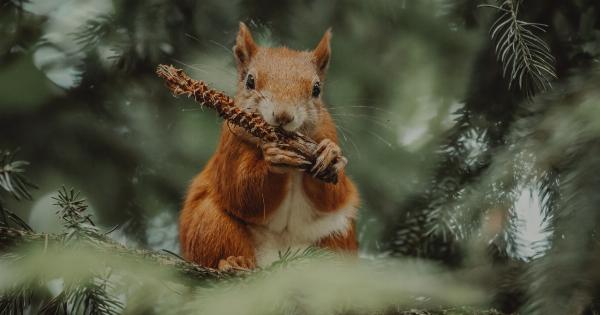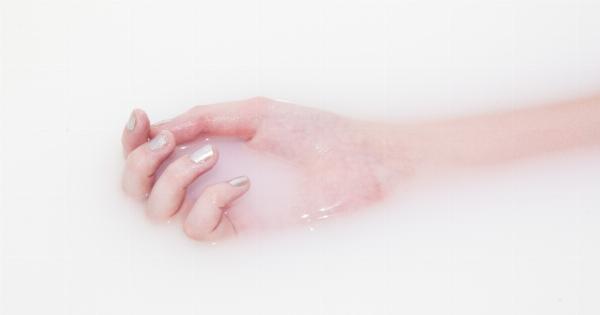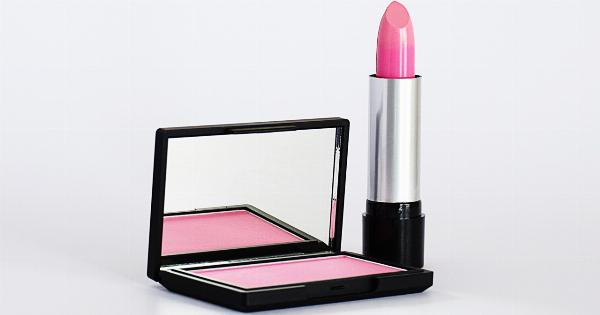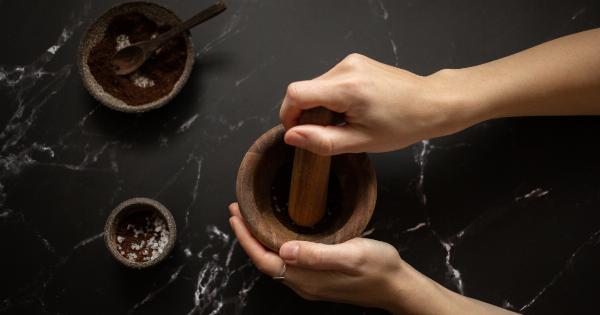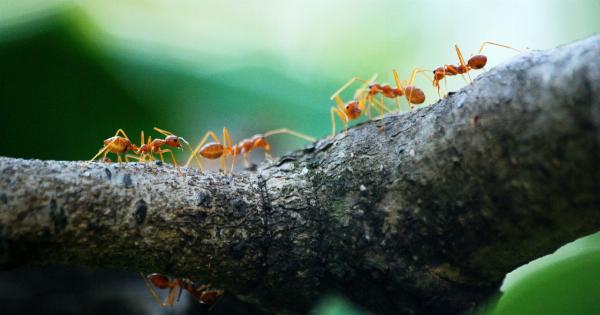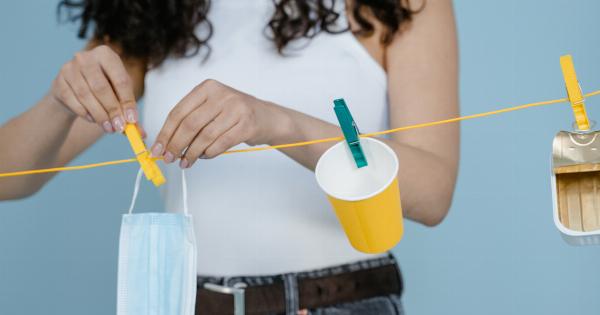Slugs can be a major nuisance for gardeners as they tend to feed on the plants. The slimy creatures are known for being skittish and easy to kill, but can move quickly and avoid danger.
However, even with their weaknesses, slugs can still be a difficult pest to control. Gardeners often rely on pesticides and baits to get rid of slugs, but these can be harmful to the environment and not always effective. In this article, we’ll explore some combat techniques that are not affected by a slug’s diet.
1. Sluggo
Sluggo is an organic powder that is made from iron phosphate. This chemical is harmless to humans and pets but deadly to slugs. When slugs eat Sluggo, the iron directly affects their digestive system causing them to stop eating and eventually die.
Unlike traditional pesticides, Sluggo does not harm the surrounding environment or other insects such as bees. Simply spread Sluggo around your garden and let the slugs do the rest.
2. Copper barriers
Copper is a natural repellent for slugs. The chemical reaction between copper and the slug’s mucus causes a mild shock which deters the slug. Installing copper barriers around your plants will help keep slugs at bay.
Use copper tape or foil and wrap around the base of the plant or create a barrier around the garden bed. These barriers are easy to install and reusable.
3. Beer traps
Beer traps are a popular DIY solution to slug control. Fill a shallow dish with beer and place it in an area with a high slug population. The slugs will be attracted to the beer and fall into the dish. The alcohol in the beer kills the slugs.
Gardeners have found success with using yeast or sugar instead of beer. However, be mindful to dispose of the slugs and replace the beer regularly to prevent bacteria growth.
4. Handpicking
Handpicking is a tedious but effective method of slug control. Slugs are usually most active at night, so go slug hunting with a flashlight when it’s dark.
Use gloves or tongs to remove the slugs from the plants and place them into a container of soapy water. This method is best suited for smaller gardens with low slug populations.
5. Diatomaceous earth
Diatomaceous earth is a fine powder made from the fossils of aquatic diatoms. It is a natural insecticide that kills slugs by dehydrating them. Diatomaceous earth is non-toxic and harmless to humans and pets.
Simply sprinkle the powder around your plants and let it do the rest. Be sure to reapply after heavy rain or watering.
6. Coffee grounds
Coffee grounds are a natural repellent for slugs. The caffeine in coffee is toxic to slugs and can even kill them. Spread used coffee grounds around your plants to keep slugs at bay. Many gardeners also swear by eggshells.
Crushed eggshells create a barrier around the plants, and their texture is uncomfortable for slugs.
7. Predators
Introducing predators to your garden is an effective way to control slugs. Ducks, chickens, hedgehogs, and some birds, such as thrushes and blackbirds, are predators that feast on slugs.
However, keep in mind that adding predators to your garden can also disrupt the ecosystem and create new problems. So be sure to do your research and consider the impact before introducing predators.
8. Mulch
Mulching your garden is a great way to suppress weed growth and retain soil moisture. But it can also help with slug control. Slugs prefer moist environments, and mulching helps keep the soil dry and less hospitable to slugs.
Use dry mulch, such as straw, hay, or wood chips, to help prevent slug infestations.
9. Salt
Salt is a well-known method of slug control but is not recommended. Salt is harmful to the environment and can damage plants. The salt dehydrates the slug and ultimately kills them.
However, it can also affect the soil chemistry and harm other wildlife, plants, and beneficial insects. So while salt may offer a quick fix, it’s best to avoid using it as a method of slug control.
10. Timing
Timing is crucial when it comes to slug control. Slugs are most active during warm, wet conditions, such as in the spring and fall. Planting in the summer or during drier periods can help reduce slug populations.
Also, be sure to check your plants regularly for slug damage, so you can take action before it’s too late.
Conclusion
Slugs can be a challenging pest to control, but these combat techniques are sure to help. Whether you use organic powders, barriers, or predators, there are plenty of natural and effective solutions to manage slugs without harming the environment.
By taking a proactive approach to slug control, you can protect your garden and enjoy a fruitful harvest.

